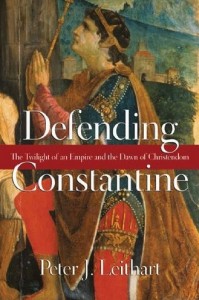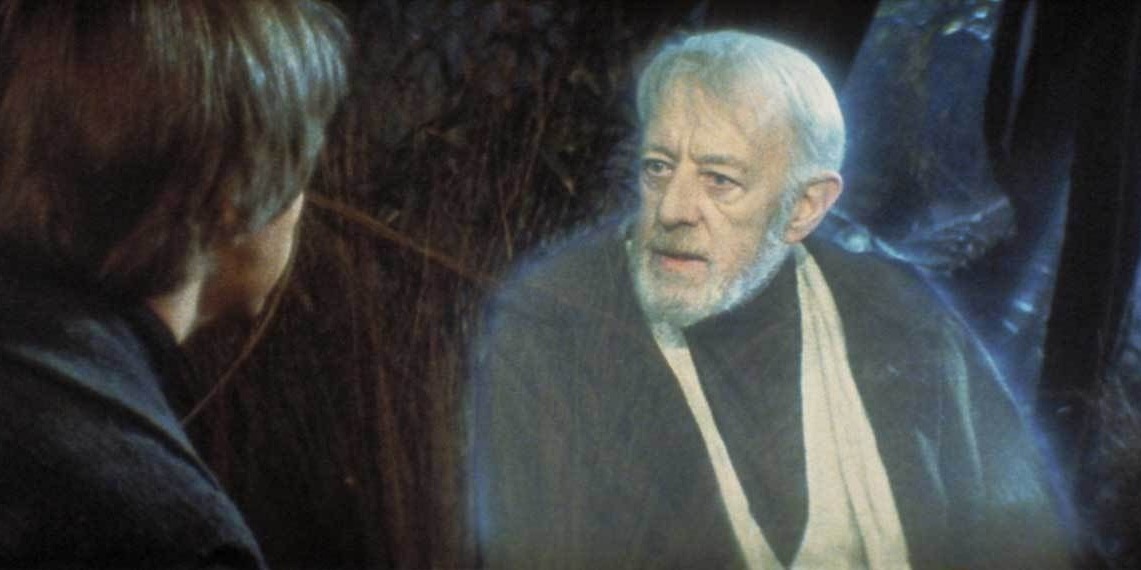Is the legal and political downstream from culture, or vice versa? That’s the debate going on in religious conservative circles today. A rising number of voices, mostly in reaction to the excesses and missteps of the Religious Right, have been arguing that religious conservatives have been largely blind to the way that culture is upstream from law. In an effort to secure legal ground against progressive advances, the Right was ceding the deeper war for the imagination and affections of the populace. Gay marriage is an obvious example of this. As social conservatives secured dozens of temporary political victories, the vision of the general population was being captured through media narratives that were laying the groundwork for the generation-shaping, sea-change in popular opinion we’ve witnessed in the last few years.
While many of us might have been nodding our heads in agreement with this line of critique over the last couple of years, a jaunt into early church history might complicate the picture a bit. Peter Leithart’s fascinating cultural analysis of the Roman spectacles and their proscription by Constantine in Defending Constantine: The Twilight of An Empire and the Dawn of Christendom suggests a more intricate relationship between the two spheres than any strict dichotomy can capture.
A School of Romanitas
“A microcosm of Rome”–that’s how Peter Leithart describes the gladiatorial shows. Identifying a number of threads present in the contest that made them more than just entertainment, Leithart reveals that they were one of the primary means of inculcating the populace with a sense of romanitas–the guiding cultural-political spirit of Imperial Rome.
Roman military culture was a complex of “devotio, patriotism, self-sacrifice to chthonic deities” which supported an attitude and practice “closely resembling human sacrifice”—what better description can one find of the games? (pg. 192) Drawing on Tertullian’s analysis of the bloody spectacles, Leithart points out they were also were called munera because they were regarded as offering services to the dead. In the games, men were trained to kill and die as a sacrifice for gods of Rome. Following the thread of sacrifice, Leithart also sees the combat in the arena as enacting the founding myth of Rome, that of Remus by his brother Romulus. Remus was put down by his brother for daring to cross the line that separated Rome from the “non-Roman.” As the slaves died in the arena, the line between the nobility and everyone else was symbolically drawn and reinforced. (pp. 192-193)
Spectacular events also functioned to show “Rome on parade,” (pg. 193) Rome exhibited itself in all of its many-splendored and hierarchically socially-structured glory in amphitheatres across the Empire. Leithart points to the way that everyone from the lowest peasant to the Emperor himself was present and yet simultaneously carefully separated, “visually and spatially” depicting and reinforcing the social order.
The presence of the Emperor made the games political.
Login to read more
Sign in or create a free account to access Subscriber-only content.
Topics:
